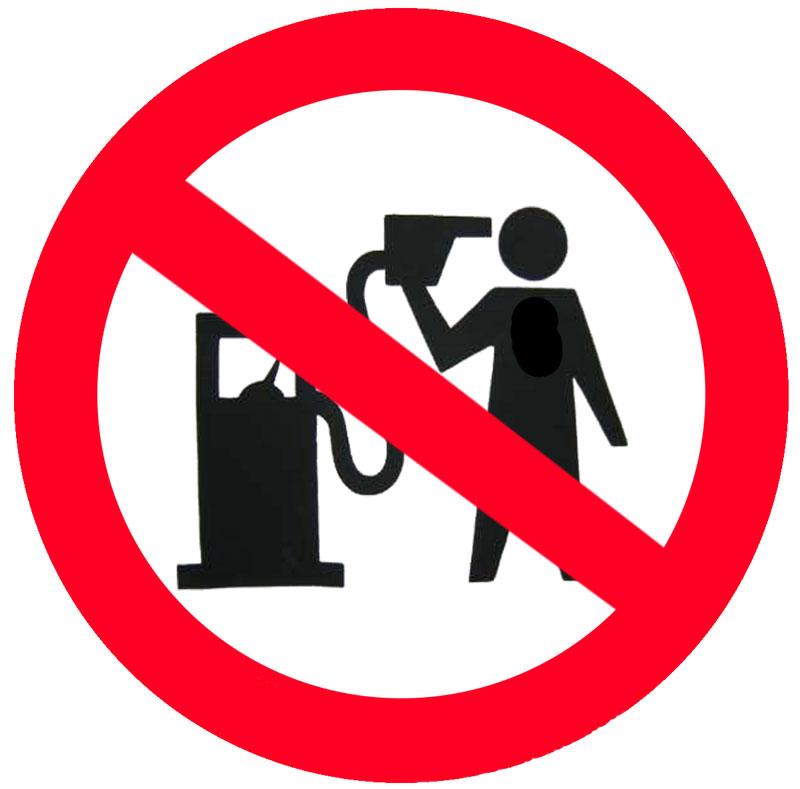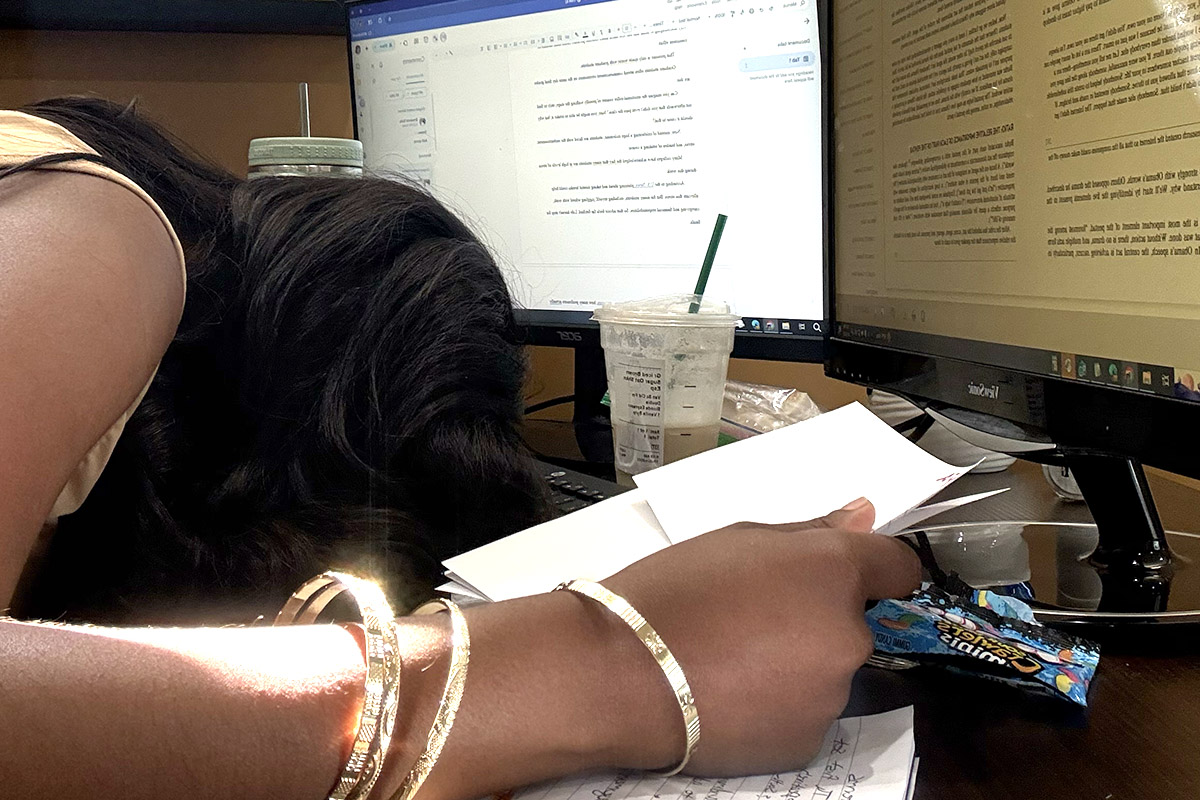By Jared Saavedra / Asst. opinions editor

( stock.xchng)
By Jared Saavedra / Asst. opinions editor
It’s everywhere: pizza, cod liver, automobiles, and skin. It’s needed every 10,000 miles. Yet it’s still hard to come by, or rather, hard to go by. Oil, that is. Black gold, Texas tea.
It seems an obsession in America, but not a direct obsession. Oil isn’t what is being necessarily obsessed over. People seem to be more obsessed about the obsession. And perhaps we really are obsessed, when the dust settles over Haiti.
When giving attention to the possibility that Haiti might be sitting on 142 million barrels, therefore, it begins with the aforesaid supposition. Greater is the controversy now that Hugo Chavez, president of Venezuela wants to be involved.
He has offered to clear the debt Haiti owes to Venezuela, in return for oil. Haitians may be looking at further devastation.
But there remains a dilemma: what should be done if oil is truly there? Will this be a Cinderella-like rise to greatness from disaster?
Well, what are the implications of oil?
For any study of sociology, one learns the environmental troubles, the oppression, yet also the benefits of oil production. It is necessary for modern industry. Oil remains a sensitive subject. It is a symbol of affluence, but also of corruption, as exemplified in Chavez.
Is the oil the main issue, or are the people? After all, Haiti’s future might depend upon what is done with the oil.
Oil is necessary for plastics, fuels, industry, etc.
Does that mean America is dependent?
Well, in California, many depend on cars, but that is only because industry is dependent on cars. Well, realistically, lowering a dependence on oil is something to be done slowly if desired.
Should Haiti, therefore, lower dependence on oil? Precisely, even it is hypothetical.
Whether they, or other countries for them, deal with this oil problem wisely (without giving in to a dictator) is relatively small compared to dependence.
No, not dependence, as in “necessary for commerce,” or a successful economy—dependence as in hope. Hope for Haiti is a good maxim, but it shouldn’t be inclined to oil. How much hope can one put under the ground?
Yes, of course, Haiti can become a contender in the world economy with oil, but that is not an ends. Do the Haitians have hope? Are they perfectly settled after this catastrophic earthquake?
Oil can create jobs; but it is also fertile ground for dictators. Oil itself cannot save from devastation.
To drill, several companies would have to invest. Outside involvement is inevitable for oil drilling.
And what about the stigma of being labeled an oil nation? Since British Petroleum’s accident, drilling has become an underground art.
The same stigma would be placed on those who buy Haiti oil, especially the United States, which has already been accused of addiction.
Haiti needs a resource less mutable, and less likely to run out: yes, Haiti needs strength, stability.
It won’t come from Chavez.
And offshore drilling for Haiti could come with costly cleanup, in the case of an accident. There is little indication that the country is prepared for spills.
How has America lasted this long, in spite of exports fluctuating and resources allegedly diminishing? Was it the laws? Was it the constitution?
In spite of expensive gas and uncertain education, Americans continue to move on, driven by the want to work, driven by beliefs.
If Haiti wants stability, hopefully America is an example. There’s nothing singularly better about American people. But their respect for humankind should be emulated.
It’s not an agenda to say so; it’s realism. Haiti, if in fact it does have oil, needs to invest in stability. Oil doesn’t bring anymore happiness than tobacco fields or education.
Haitians share the need for unchanging hope, for people drill, and people who use oil.
After all, this oil drilling business gets a little ahead of everything. The money it may manufacture is only hypothetical. And the devastation it may cause is just as abstract. Now, though, the devastation is real.
At present, it’s as relevant to Haiti as lawsuit money the moment of a car crash.
Trusting in something from the earth incurs risk of devastation from the earth. It is dangerous to put faith in a moving crust.






